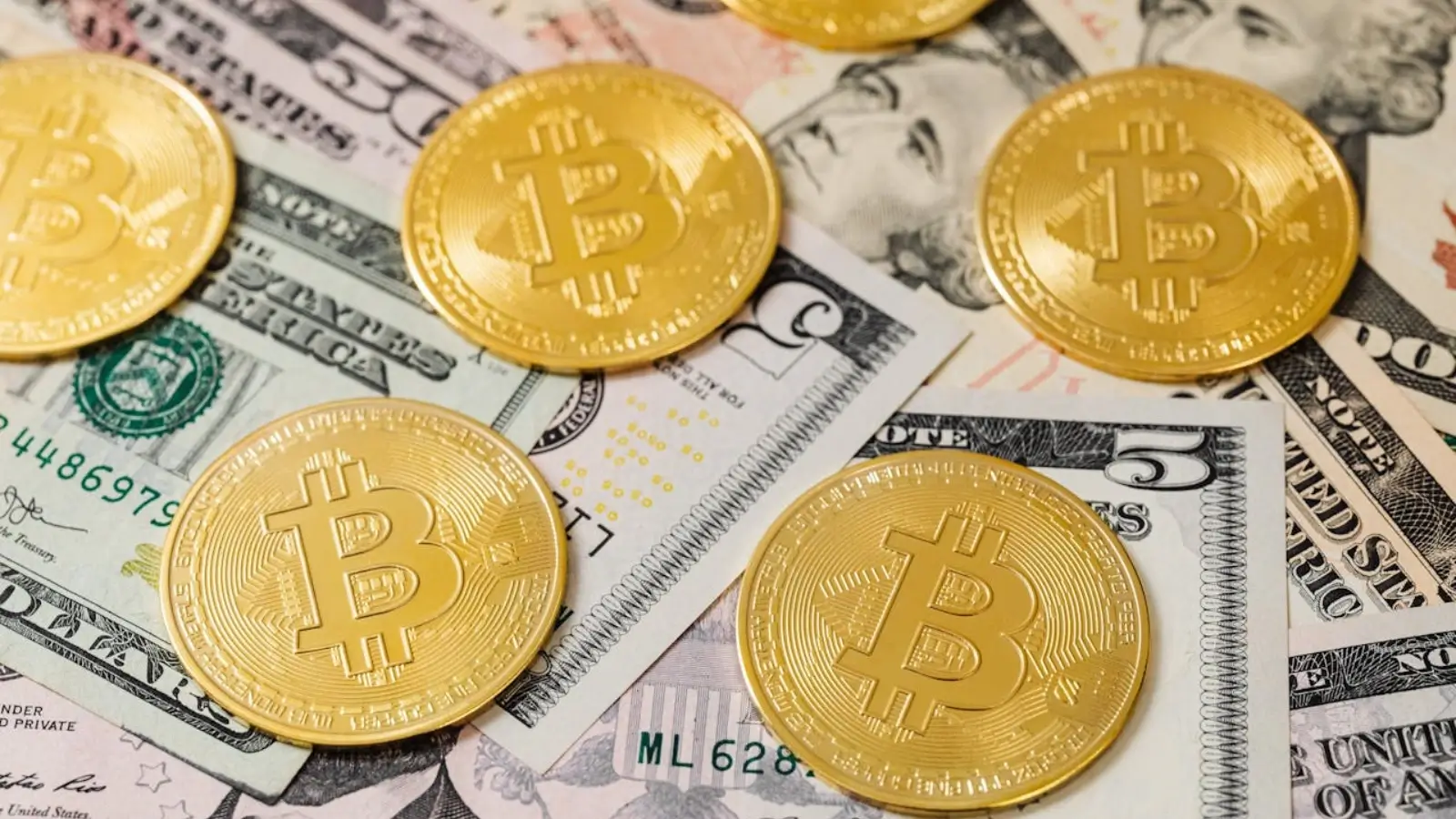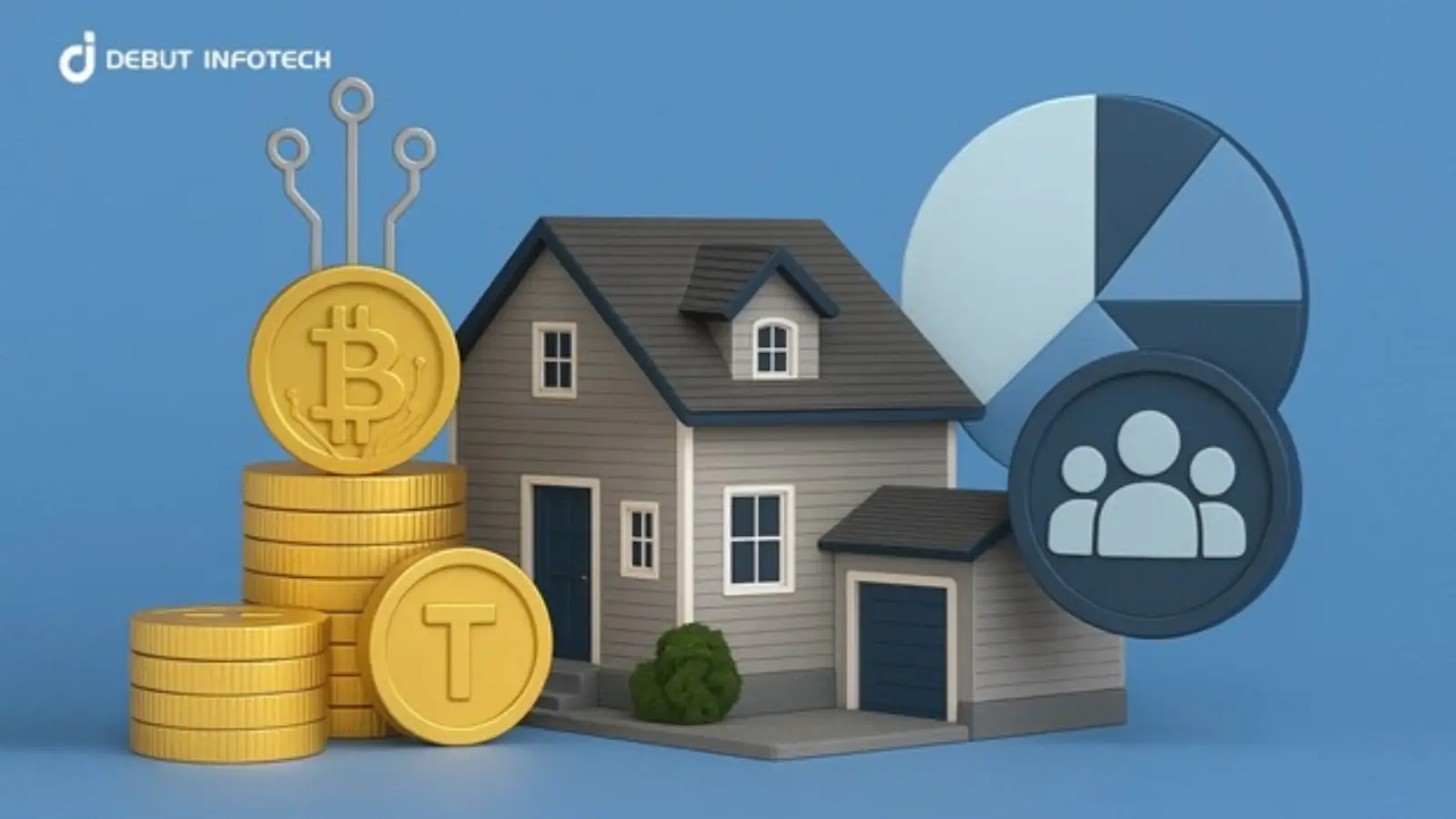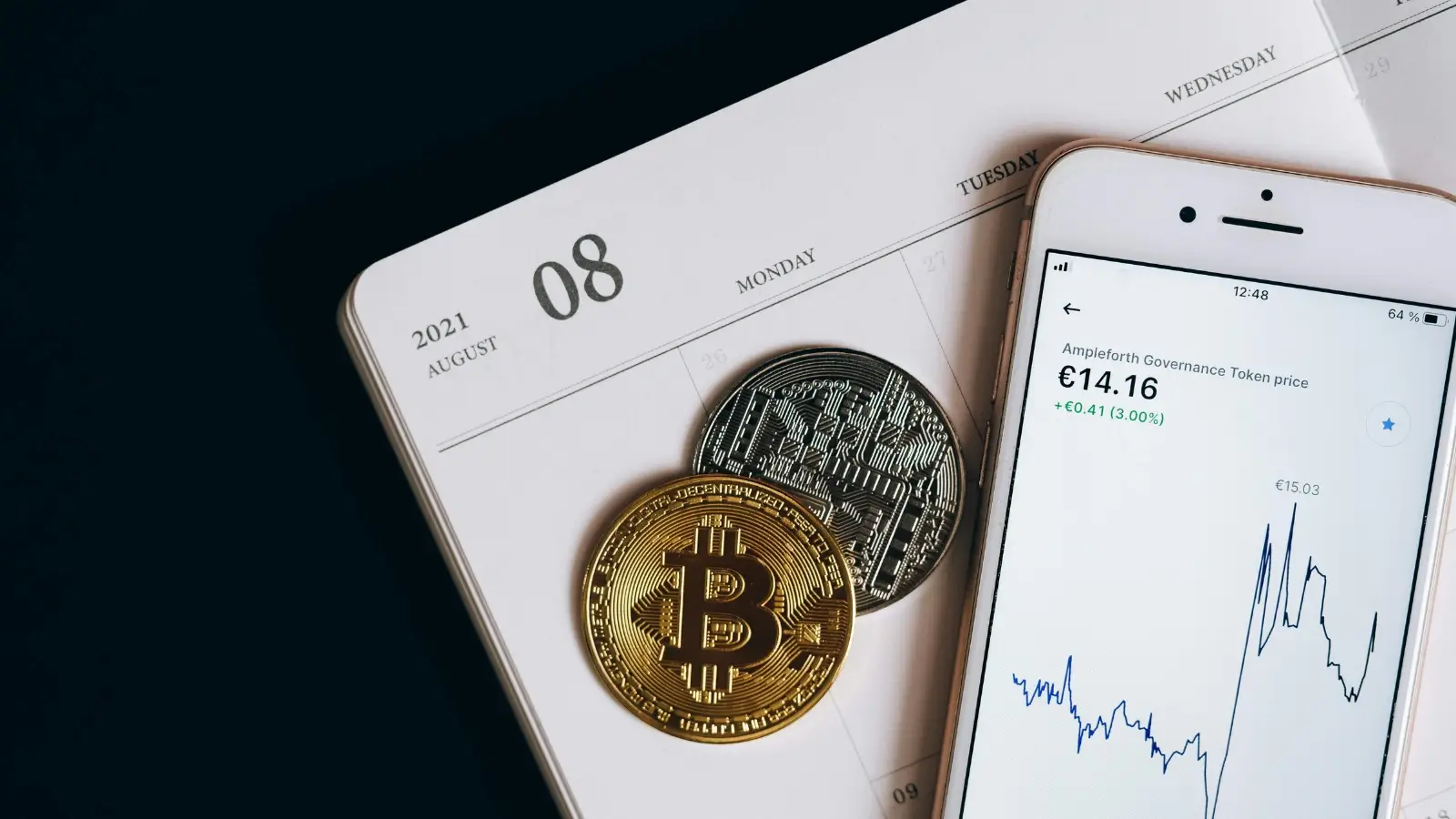Nigeria has published a national whitepaper aimed at building a formal framework for blockchain adoption. The government says it wants to work with researchers of Nigerian descent and involve both public and private stakeholders. What comes of it remains to be seen.
Where the tech is already working
While many are still debating the merits of this policy, businesses across Nigeria have already moved ahead. In parts of Lagos and Abuja, online shops now accept crypto payments. A handful of travel agencies use blockchain to handle bookings with fewer delays. Some gambling platforms are also using blockchain tech, which has changed how people interact with their winnings.
According to gambling expert Wilna van Wyk, players are choosing sites that let them cash out faster, a process made possible by how instant Bitcoin withdrawals work. Instead of days, users often receive their payouts typically within minutes instead of hours or days. It’s not perfect everywhere, but the practical results are hard to ignore.
The government's approach this time
Bosun Tijani, the Minister of Communications, Innovation, and Digital Economy, is fronting the effort. His department published the whitepaper and framed it as part of a broader push to align tech policy with Nigeria’s actual needs. In his view, the process should reflect the realities of the country, not just global trends. Whether that will happen depends on how much backing this paper gets beyond its authors.
The document is brief—five pages long—but it outlines a few core goals. It touches on financial inclusion, digital identity, and supply chain transparency. These are not new talking points, though the framing around them feels more rooted in Nigeria’s situation this time. Instead of general benefits, there’s more attention paid to why the country might gain something specific. Still, the language is cautious. There’s little to suggest timelines or consequences for inaction.
The paper claims to build on the 2024 Blockchain Strategy released by NITDA. That earlier policy received little attention, and many assume this one will suffer the same fate. The difference, according to the authors, is that this version invites outside input, specifically from blockchain researchers of Nigerian origin.
Bringing diaspora voices into policy
To identify talent, the ministry used generative AI tools to comb through roughly 3,000 research papers in the blockchain field. From this, they found 21 researchers with Nigerian heritage. Those names are now public. The paper also calls for more suggestions from the wider public, in case others were missed.
This is one of the more interesting angles. While many policies in the past have leaned on imported consultants or cut-and-paste global templates, this effort looks different. The aim here is to bring technical thinking into a Nigerian framework without outsourcing the thinking itself. Whether those researchers will be given real influence is another matter. For now, it’s a gesture that feels worth noting.
Reactions have split along familiar lines
Not surprisingly, the publication has already triggered mixed responses. Some, including high-profile blockchain developers outside Nigeria, say it’s a good start. Others are less impressed. Many have pointed out that a similar policy was issued in 2023. Nothing came of it. No legislation. No real programs. Just another file added to the archive.
There’s also lingering distrust. Nigeria’s treatment of crypto firms over the past few years hasn’t inspired much faith. Several Nigerians took to social media to say the government shouldn’t be championing blockchain after detaining Binance executives last year. The message from that incident still lingers. If the government wants to be taken seriously, it might need first to repair the damage.
Some critics have taken a broader view, arguing that the country has more pressing issues than blockchain. They mention roads, power, and education. They question whether tech plans like this one are simply ways to distract from tougher questions. The pushback hasn’t been hostile, just wary. Many Nigerians have seen enough whitepapers to know they don’t always translate into policy.
The wider context of Nigeria’s crypto position
The skepticism isn’t just emotional. Nigeria has long had a conflicted relationship with crypto and blockchain. The Central Bank ordered banks to stop processing crypto-related transactions back in 2020. Though crypto use wasn’t banned outright, the effect was the same—users turned to peer-to-peer trades and workarounds. Then came 2024. Binance executives were arrested and accused of playing a role in the naira’s decline. The move raised eyebrows internationally. One executive escaped. The other was held until foreign governments stepped in.
Even with all this tension, Nigerians haven’t walked away from crypto. In fact, usage is growing. According to Chainalysis, Nigeria ranks second globally in crypto adoption. Another survey from Castle Island Ventures placed Nigeria first in stablecoin adoption among emerging markets. These aren’t hobbyists—they’re regular people trying to protect their income.
The SEC has also taken steps to clarify things. Last year, it granted licenses to some exchanges and released detailed rules around digital assets. So while the Central Bank still holds back, parts of the system are opening up.
















